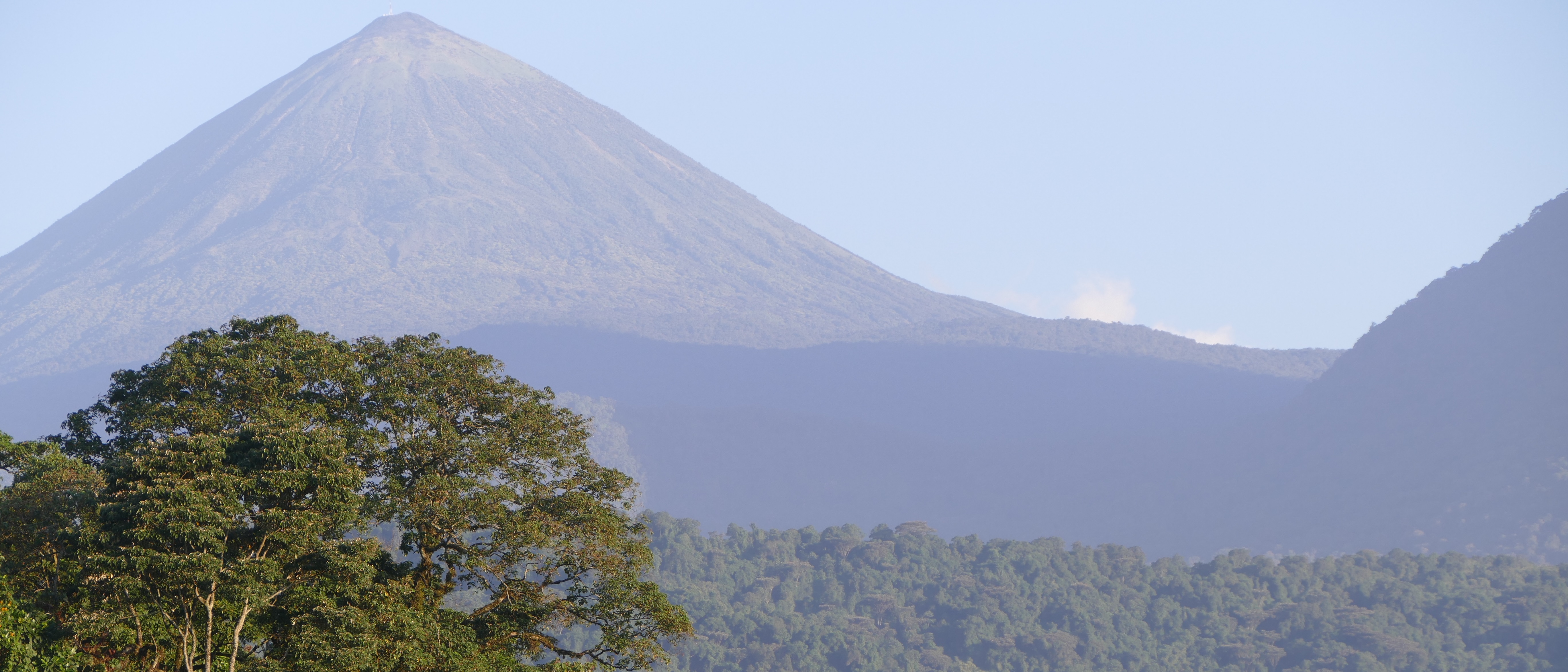22 April 2021
Background
As mandate by its Terms of Reference, the CAFI mid term review was commissioned by CAFI in 2020 to two independent consultants, based on terms of reference agreed to by the Executive Board.
Management response
The Central African region is fascinating in both its potential and opportunities, and in its complexities.
It is home to the world’s second largest rainforest, that absorbs about 1.5 billion tons of CO2 of the atmosphere every year, is a source of food, energy, shelter and spirituality for more than 40 million people, and home to more than 10,000 plant and animal species. Yet, while annual deforestation rates have been historically relatively low, the Central African rainforests are at a critical turning point with increased pressure from population growth and globalization. Central African countries are caught in the intertwined challenges of climate change, poverty reduction, food security and the conversion of tropical forests to new forms of industrial agriculture, mining concessions and infrastructure projects. Their capacity to respond is diminished by vulnerable economies and dwindling government revenues, contradicting international incentives, weak administrations and vested interests. For these reasons, change typically will be slow. Sustained and concerted efforts will be required to achieve changes to policy.
CAFI was founded with an understanding of the inherent challenges, and strives for continuous learning and improvement to contribute to addressing these effectively and sustainably.
In this context, the CAFI Executive Board (EB) welcomes the analyses and findings of the mid-term evaluation of CAFI, conducted between March and October 2020 by a team of two consultants. This evaluation coincided with various internal conversations of the Executive Board, that led to multiple changes in the way CAFI functions, formalized through revised Terms of Reference (ToR) and a Manual of Operations (MoP) that were both adopted in January 2021. Additional parallel reviews, including the 2nd independent verification of the milestones of the Letter of Intent with the DRC and an independent review conducted by Transparency International, also informed these revisions.
The Mid-term evaluation made twelve recommendations. Of these, the CAFI Executive Board wishes to distinguish between:
1) Recommendations being addressed
First, a large number of recommendations focus on CAFI operations. The Executive Board welcomes recommendations about CAFI Secretariat staffing and its hosting by the MPTF-O to address issues of conflict of interest, channeling funds through pre-identified and vetted international NGOs, and the need for increased level of funding commitments to reach CAFI’s overall objectives. To a large extent, these recommendations are now addressed in the revised CAFI Terms of Reference, the Manual of Operations, funding commitments in the CAFI Fund and recent EB decisions about the transfer of the CAFI Secretariat to the MPTF-O. In addition, a recommendation calls for systematic quality and financial audit, which is now responded to in the Manual of Operations, that provides for performance criteria for implementing agencies and programs to justify decision on disbursement of subsequent tranches to agencies. There is also an ongoing assessment of the need to establish field presence in partner countries.
Other recommendations are thematic. One of such is on the importance of designing socio-economic activities that target gender and indigenous peoples, and ensuring that results frameworks are designed, and routine reporting systems adequately set up, to measure this. The EB agrees on the importance of improving the well-being of rural stakeholders. Even though the EB considers that such activities are already included in the provincial and enabling programmes it supports in the DRC, more efforts will be undertaken in order to follow up on this recommendation in future programming. The recommendation to increase focus on fragile ecosystems and biodiversity is being taken into account, for example as part of the ongoing discussions on a 2nd phase of a partnership with the Democratic Republic of the Congo, where CAFI and FONAREDD also plan to introduce a programme for payment for environmental services. With regard to engagement with the private sector, the Executive Board is aware that the vast challenges that the region faces won’t be met exclusively with public funding, and is seeking opportunities to increase private sector investments, also through dedicated expertise at the CAFI Secretariat.
Finally, the EB agrees with the recommendation to engage with the highest level of Government, i.e. the Presidential Office or Prime Minister’s Office. This is in line with CAFI foundational documents and a constant endeavor in the policy dialogue CAFI undertakes at national level. The Prime Ministers of the Republic of Congo, Central African Republic and Gabon’s Presidential office regularly provide strategic inputs, undertake coordination efforts and engage in policy dialogue with CAFI. Continuous efforts are ongoing in countries where this is not yet the case, such as the DRC, Equatorial Guinea and Cameroon, notably through the mobilization of diplomatic networks of CAFI donors and partners.
2) Recommendations for which the CAFI Executive Board shares the analysis but considers that other means can be used to address the identified issues
The Executive Board generally agrees with the findings about the need to mobilize scientific expertise but instead of creating a dedicated Technical Advisory committee, as proposed by the mid-term review, the EB proposes to engage experts on specific themes to i) review programme documents in an independent fashion prior to approval, ii) engage in dedicated dialogues, such as the roundtable on the forestry sector and (iii) convene thematic expertise in development of programming notes, strategic working documents when deemed necessary.
Similarly, the Executive Board notes Recommendation 9 related to the CAFI Monitoring and Evaluation framework and has decided to increase the staffing in the CAFI Secretariat and establish partnerships with research centers instead of mobilizing a single consultant. New programme document and reporting templates, adopted in 2021 as part of the CAFI Manual of Operations, will also help in collecting data and ensuring that programme frameworks are of sufficient detail and quality to provide usable information to CAFI.
Resources
Photocredit: Peter Prokosch, retrieved from Grid Arendal (https://www.grida.no/resources/3267)

